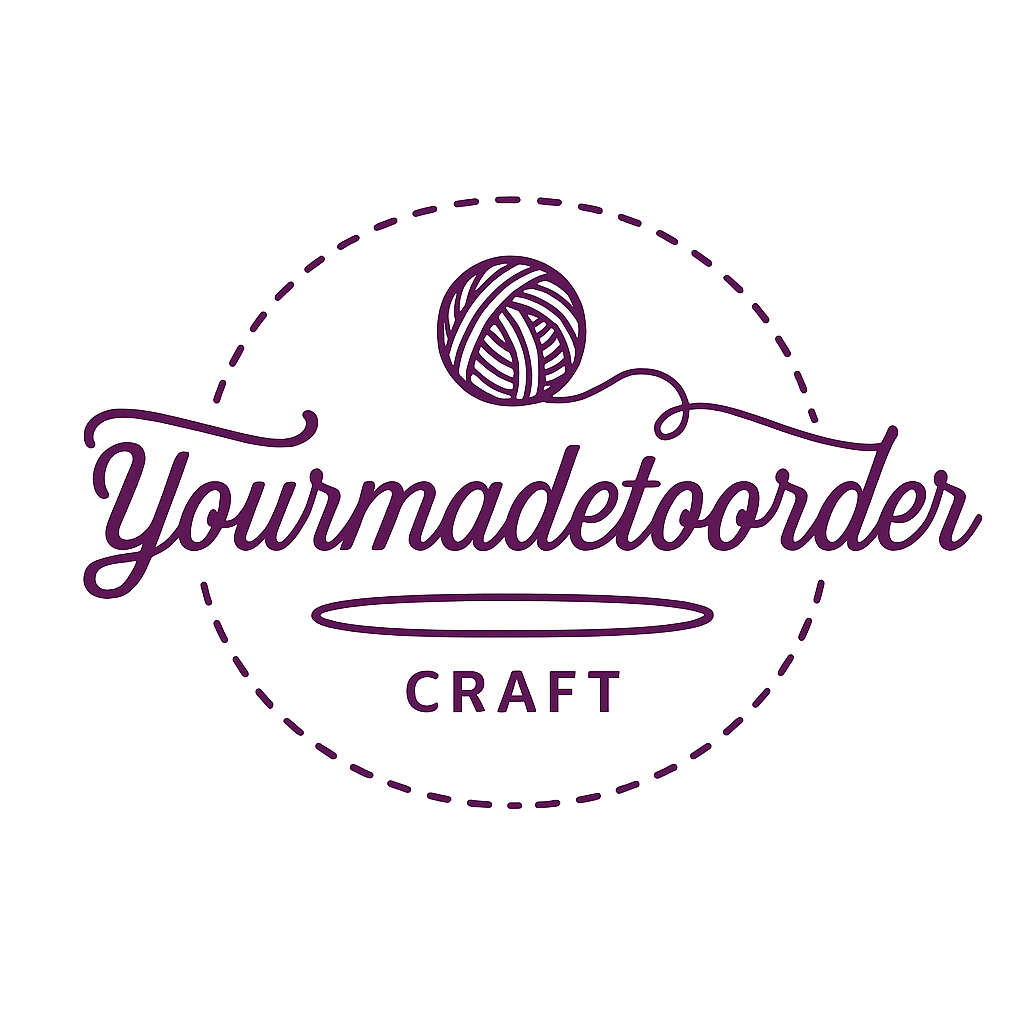A Beginner’s Guide to Picking the Right Yarn
🧶 Types of Yarn and Their Uses
A Beginner’s Guide to Picking the Right Yarn for the Right Project
If you’ve ever stood in front of a wall of yarn and felt overwhelmed by the options — don’t worry. You’re not alone.
There are so many types of yarn, and each one has a different texture, purpose, and best use. This guide will help you understand the main categories of yarn and what each one is good for — so you can pick the perfect yarn for your next project, even if you're just starting out.
Acrylic Yarn

🧵 1. Acrylic Yarn
Best for: Beginners, practice, budget-friendly projects
Acrylic is a synthetic fiber and probably the most common type of yarn you’ll find in stores. It’s a go-to choice for many beginners.
-
✅ Pros:
- Cheap and widely available
- Easy to wash and care for
- Great for learning and experimenting
🧶 Use it for: Blankets, scarves, hats, home decor, practice swatches
Cotton Yarn

🌱 2. Cotton Yarn
Best for: Lightweight projects, summer wear, eco-friendly options
Cotton yarn is made from natural plant fibers and is breathable, absorbent, and strong — a go-to for warm-weather and baby-friendly projects.
-
✅ Pros:
- Doesn’t stretch much
- Feels cool to the touch
- Durable and natural
🧶 Use it for: Dishcloths, bags, summer tops, baby clothes
Wool Yarn

🐑 Wool Yarn
Best for: Warm clothing, stretchy projects
Wool yarn is made from sheep’s wool and is known for its warmth, flexibility, and classic texture — making it a go-to for winter garments and comfy wearables.
- Pros:
- • Naturally elastic
- • Retains heat
- • Great stitch definition
Use it for: Sweaters, socks, beanies, winter scarves
Blended Yarns

✨ 5. Blended Yarns
Best for: Balanced projects with the best of both worlds
Blended yarns combine two or more fiber types (like cotton-acrylic or wool-silk) to give you the advantages of each.
- Pros:
- • Custom textures and feels
- • Can be softer, stronger, or more stretchy depending on the mix
Use it for: Garments, accessories, experimental designs
Learn More About Yarn →Specialty Yarns

🎨 6. Specialty Yarns (Bamboo, Silk, Chenille, etc.)
Best for: Unique textures, luxury items, advanced crafters
Specialty yarns are often used to add character or elegance to a project.
Use it for: Shiny scarves, drapey shawls, statement pieces
Tips for Choosing the Right Yarn
🧵 Yarn Weight Chart (Visual Aid)
🎯 Final Tips for Choosing the Right Yarn:
- 🧸 Think about who the project is for (baby, adult, home)
- 🌡️ Consider the climate (cotton for hot weather, wool for cold)
- 📏 Match the yarn weight to your pattern or hook size
- 🧪 Don’t stress — try different types and learn as you go!
*Affiliate link — support the blog at no extra cost to you
